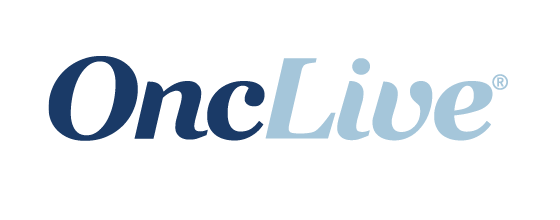Commentary
Video
Dr Esteva on the Use of CDK4/6 Inhibitors in HR+/HER2– Breast Cancer
Author(s):
Francisco J. Esteva, MD, PhD, discusses the use of CDK4/6 inhibitors in patients with hormone receptor-positive/HER2-negative breast cancer.
Francisco J. Esteva, MD, PhD, interim chief, Division of Hematology/Oncology, chief, Breast Medical Oncology, Lenox Hill Hospital, director, Breast Medical Oncology, Northwell Health, discusses the use of CDK4/6 inhibitors in patients with hormone receptor (HR)–positive/HER2-negative breast cancer.
In an OncLive® State of the Science Summit™ (SOSS), Esteva and colleagues each gave presentations on topics spanning breast cancer care. His presentation focused on endocrine therapy in HR-positive/HER2-negative breast cancer. Esteva emphasized the significance of CDK4/6 inhibitors as notable advancements in this field. Palbociclib (Ibrance) was the first among these inhibitors to gain FDA approval for patients with metastatic breast cancer when used in combination with the aromatase inhibitor (AI) letrozole, he explains. In the phase 2 PALOMA-2 trial (NCT01740427), this combination led to improvements in both disease-free survival (DFS) and progression-free survival (PFS) vs letrozole plus placebo for patients with metastatic disease, although it did not result in a significant overall survival (OS) benefit, Esteva explains. However, in the phase 3 MONALEESA-7 trial (NCT02278120), the CDK4/6 inhibitor ribociclib (Kisqali), when combined with an AI, elicited significant improvements in both PFS and OS vs placebo plus an AI in premenopausal patients.
Esteva also delved into adjuvant trials within the premenopausal breast cancer realm, includingthe phase 3 monarchE study (NCT03155997) involving abemaciclib (Verzenio). This study showed notable improvements in disease-free and relapse-free survival when abemaciclib was administered alongside endocrine therapy in high-risk patients, Esteva highlights.
Additionally, findings from the phase 3 NATALEE study (NCT03701334), which evaluated patients with high-risk, early-stage breast cancer, were presented at the 2023 ASCO Annual Meeting. This study randomly assigned patients to receive ribociclib with endocrine therapy or endocrine therapy alone for a period of 3 years, Esteva continues. The NATALEE study demonstrated a statistically significant improvement in 3-year invasive DFS with ribociclib plus endocrine therapy vs endocrine therapy alone, although it's important to note that this treatment approach has not yet received FDA approval, he emphasizes. Nevertheless, these findings represent a promising avenue of research, Esteva concludes.









